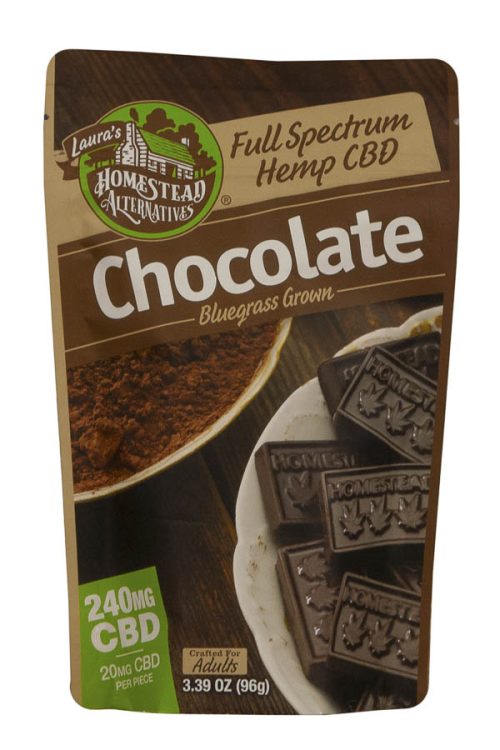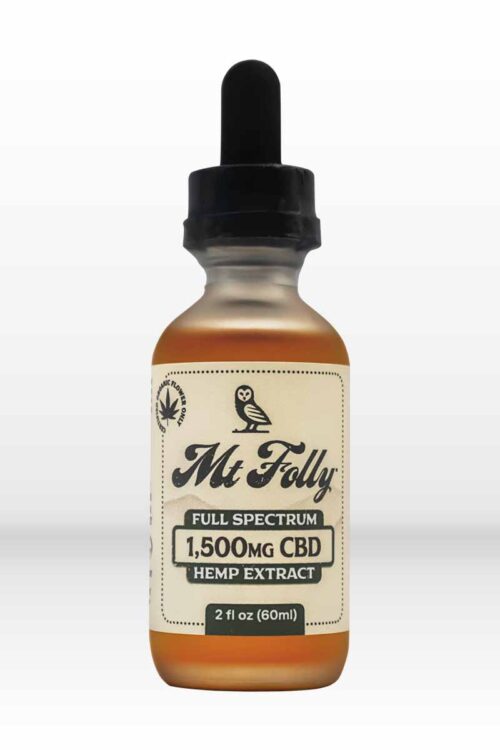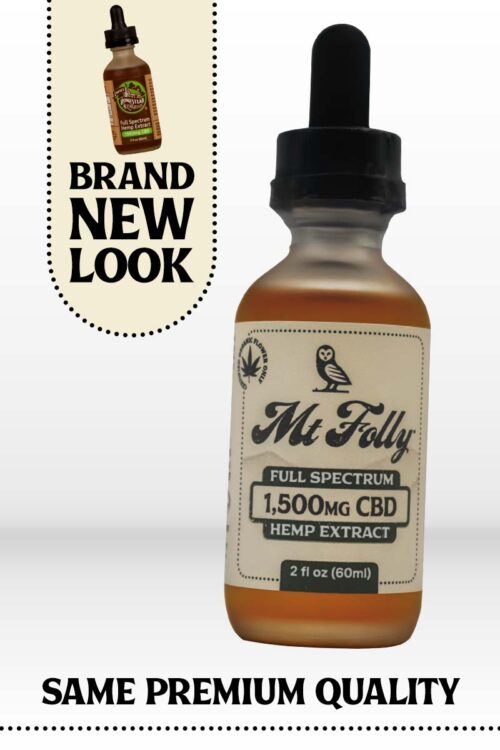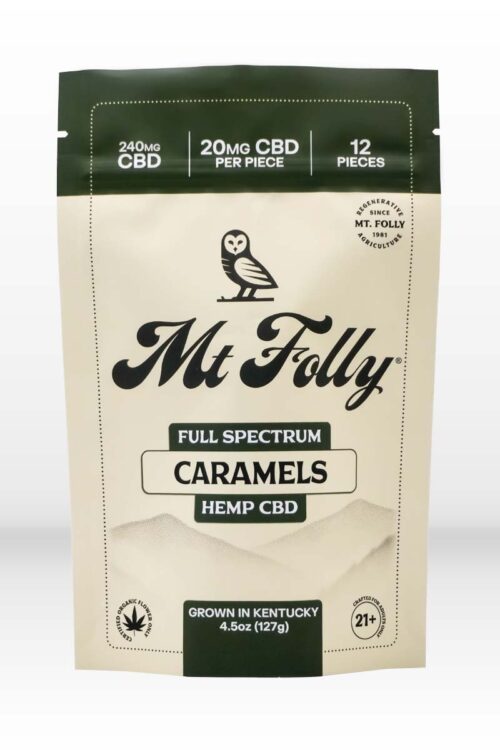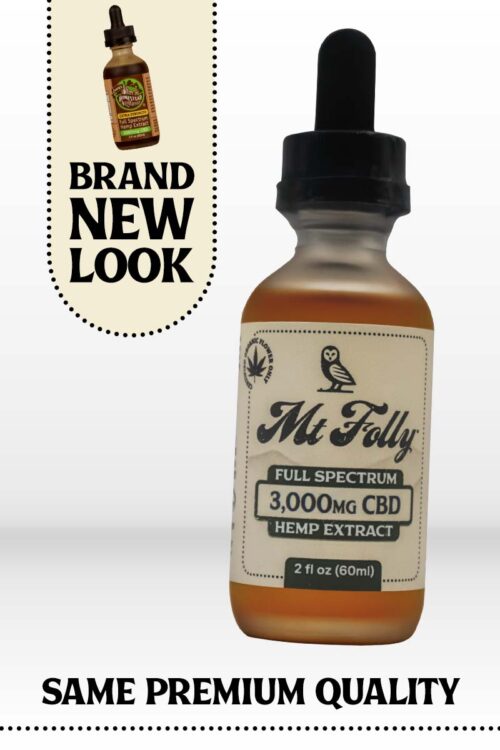According to the American Sleep Association, 50-70 million American adults experience a sleep disorder, with insomnia being the most common.
While some continue to look to melatonin and other sleep aids for relief, more and more are turning to CBD oil.
In fact, a recent Consumer Reports survey found that “10% of Americans who reported trying CBD said they used it to help them sleep, and a majority of those people said it worked.”
Aside from the proclaimed benefits of CBD oil, like easing anxiety and pain which indirectly improves sleep, there is growing research into CBD’s efficacy for treating specific sleep disorders.
What Our Customers Say About CBD and Sleep
We asked customers on Facebook to share their personal experiences using Laura’s Homestead Alternatives CBD for sleep. A number shared positive stories below, ranging from general “it helps me” to one person specifically saying CBD is the difference maker for easing their insomnia.
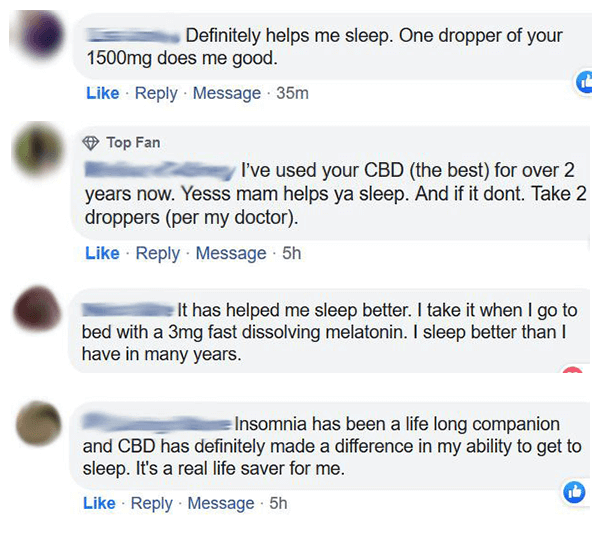 How CBD Oil May Help With Sleep?
How CBD Oil May Help With Sleep?
Research into how CBD affects sleep is still in its early stages, but scientists are looking at the body’s endocannabinoid system, which includes receptors throughout the body and brain that regulate various functions.
Emerging studies indicate that CBD might help with excessive daytime sleepiness and REM sleep behavior disorder. This disorder, marked by nightmares and active behavior during dreaming, currently lacks promising treatment options, making ongoing research into CBD’s potential role crucial.
Should You Use CBD Oil For Sleep?
Before trying CBD oil for sleep disorders, consult your physician, especially if you’re taking other medications for sleep or other medical conditions. While CBD may interact with certain medications, its side effects are generally mild and include fatigue, diarrhea, and changes in appetite and weight.
Can CBD Be Mixed With Melatonin?
There aren’t any studies confirming the effects of mixing CBD and melatonin. However, some users report positive experiences combining the two without adverse effects.
How Much CBD Should I Take for Sleep?
There’s no universal dosage for CBD, but many start with 25mg per day and adjust as needed. Research suggests up to 160mg/day may be required for sleep benefits, but lower doses might effectively reduce anxiety.
How Often Should I Take CBD Oil for Sleep?
For maximum benefits, take CBD oil daily at a consistent dosage. It may take a few days to a week or more for CBD to build up in your system and provide relief.
What Time of Day Should I Take CBD for Sleep?
Take CBD shortly before bed if you’re using it to aid sleep.
How Do You Find High-Quality CBD Oil?
1) Research the Company
The most crucial factor is the company’s reputation. Avoid “fly by night” CBD companies that may offer low-quality or mislabeled products. Laura’s Homestead Alternatives CBD is extracted in a GMP-certified facility and third-party lab tested for accuracy. With 35 years of experience in natural foods and wellness, Laura’s expertise is trustworthy. Read more about Laura’s story.
2) Know the Hemp Source
Laura’s Homestead Alternatives CBD is extracted from USDA certified organic hemp grown at Laura’s Mt. Folly Farm in Winchester, Kentucky. Certified organic means no chemical pesticides, herbicides, or fertilizers are used. Many companies can’t claim or prove USDA certification. We make our certification public. View it here.
Organically grown foods often have higher nutritional values, and we believe the same is true for hemp — that organically grown hemp yields stronger cannabinoids.
Laura’s Mercantile: Certificate of Analysis
3) Choose Vertically Integrated Companies
High-quality CBD products come from vertically integrated companies. We grow our hemp and ensure the quality of the farming environment and methods. We work closely with a GMP-certified facility for extraction and local third-party labs for testing. Our supply chain is local, and our Quality Assurance team regularly visits the facilities to ensure our CBD is processed with the customer in mind. We test for cannabinoid profile, microbials, heavy metals, and more to ensure you get the highest quality product.
Read more about the key considerations when buying CBD oil, and find more frequently asked questions.

Disclaimer:
CBD products are not approved by the FDA to diagnose, treat, cure, or prevent any disease. The FDA advises that all claims about CBD or any other supplements be substantiated by rigorous clinical studies and evidence. Consumers are urged to exercise caution when considering unconventional methods and to consult with a licensed healthcare professional before beginning any new treatment or supplement regimen.
Always rely on evidence-based medicine and the guidance of qualified medical experts when making decisions regarding your health.



